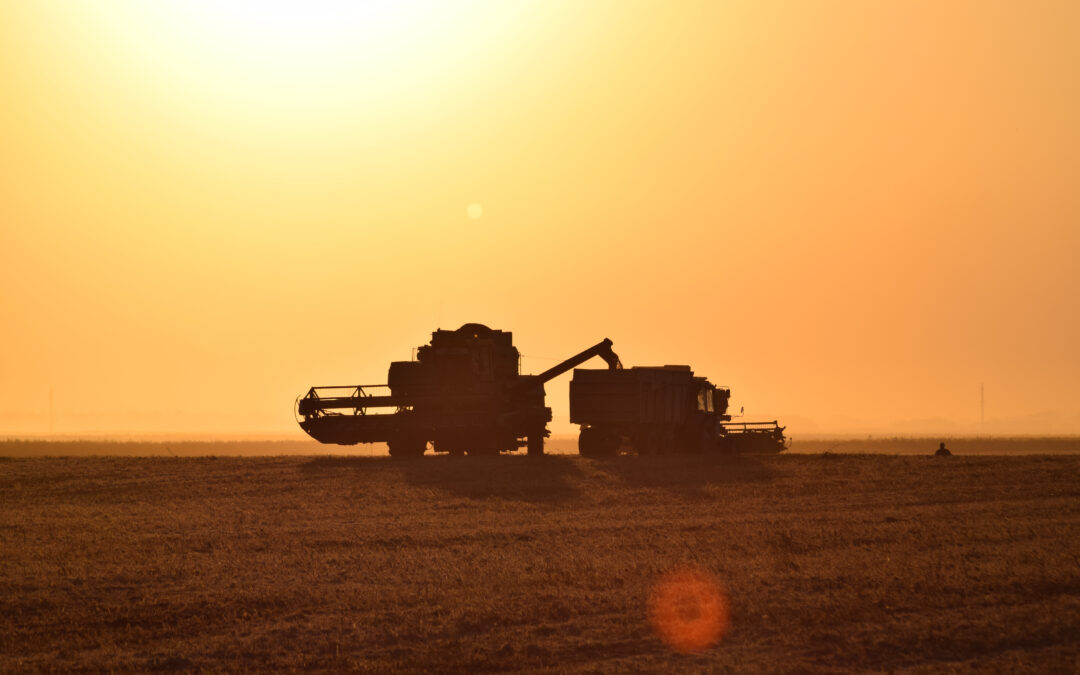Are you ready to start your own organic garden? If so, then this beginner’s guide is just what you need. Organic gardening has become increasingly popular in recent years as more people are looking for ways to grow their own fresh produce and reduce their carbon footprint. In this article, we will cover everything you need to know about how to start your own organic garden.
Introduction to Organic Gardening
Organic gardening involves growing plants without the use of synthetic pesticides or fertilizers. Instead, it relies on natural methods such as composting, crop rotation, and companion planting to keep plants healthy and productive. By using these techniques, you can create a beautiful and sustainable garden that is both good for the environment and your family.
Choosing the Right Plants and Seeds
The first step in starting an organic garden is choosing the right plants and seeds. Consider which fruits, vegetables, herbs, and flowers you want to grow and research which varieties are best suited for your climate and soil type. You may also want to choose heirloom varieties, which are open-pollinated and have been passed down through generations. These types of seeds are often more resilient and better adapted to local conditions than hybrid seeds.
Preparing Your Soil for Planting
Once you have chosen your plants and seeds, it’s time to prepare your soil for planting. Organic gardeners rely on compost, manure, and other organic matter to enrich their soil instead of chemical fertilizers. You should also consider adding mulch to your garden beds to help retain moisture and suppress weeds.
Tending to Your Garden: Watering, Weeding, and Fertilizing
After you have prepared your soil and planted your seeds or seedlings, it’s time to tend to your garden. Organic gardeners typically water their plants deeply but less frequently to encourage deep root growth. They also use hand tools like hoes and cultivators to remove weeds rather than using synthetic herbicides. Finally, they continue to add organic matter to their soil throughout the growing season to feed their plants naturally.
Harvesting Your Crops and Maintaining Your Garden
As your crops begin to mature, you will need to harvest them at the peak of ripeness to ensure maximum flavor and nutrition. Organic gardeners often practice “pick when ripe” rather than picking early to extend shelf life. After each harvest, be sure to clean up any debris from your garden beds and rotate your crops to prevent disease and pests.

In conclusion, starting an organic garden is not only easy but also incredibly rewarding. By following these simple steps, you can create a beautiful and sustainable garden that provides fresh produce for you and your family while reducing your environmental impact.



